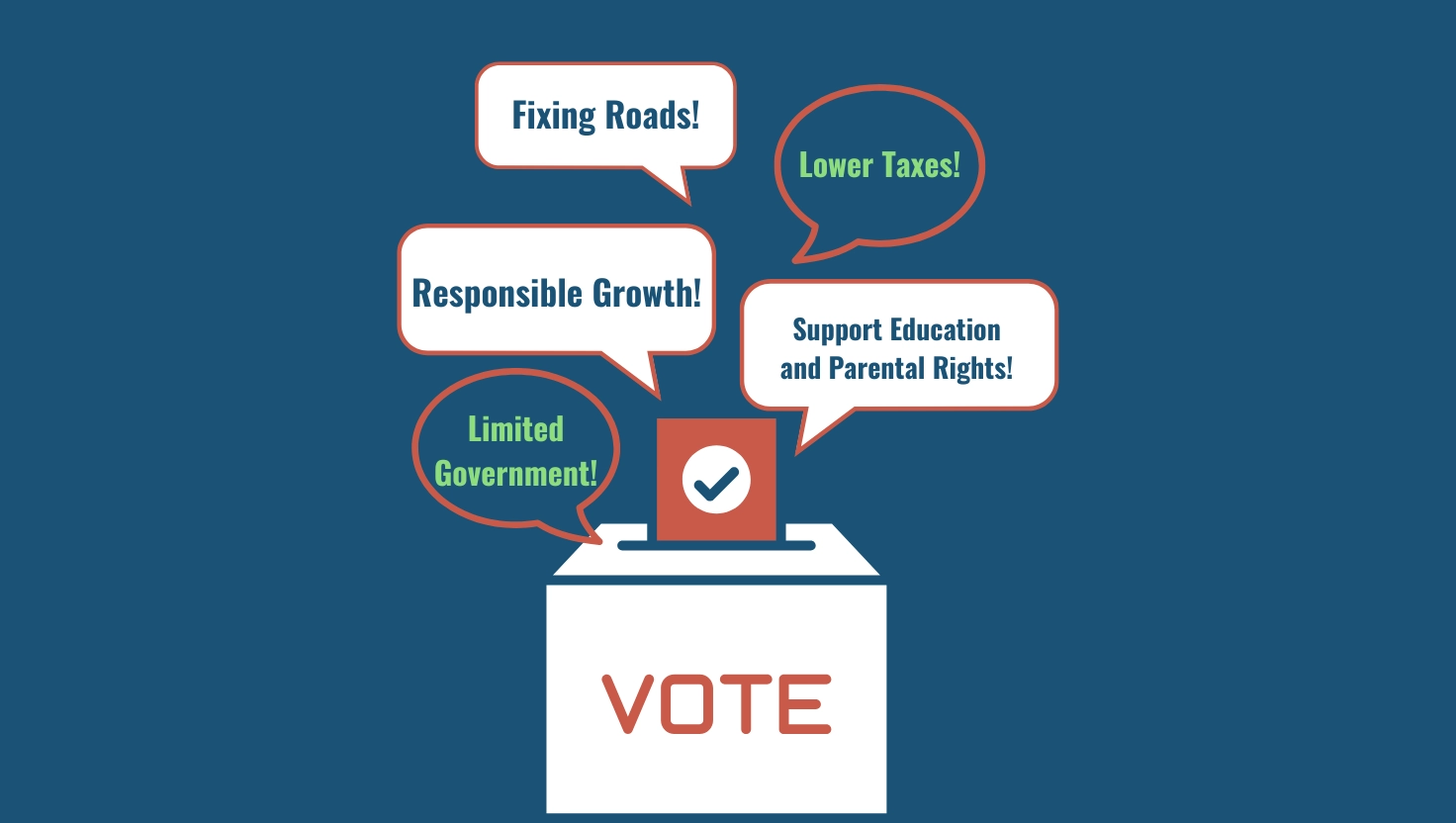Why do conservative voters assume legislative competence in candidates who speak fluent conservative rhetoric? In the current political climate, people are either starving for a savior or conditioned to trust anyone who sounds the part; language has become the proof of competence. A few familiar patriotic phrases, spoken with confidence and conviction, are often enough to convince voters that a legislative candidate is qualified. But speaking well about liberty is not the same as understanding how to protect it, or how easily laws can be used to diminish it. Without proof that the candidate can actually govern according to the Constitution, even the most sincere candidate becomes a liability.
What proves legislative competency? And more importantly, how can you spot it in a candidate? How do you distinguish between a candidate who understands the mechanics of SC lawmaking and one who assuredly repeats patriotic platitudes?
To distinguish the qualified from the unprepared, look for these non-negotiable standards:
Actual Involvement: Competency should be backed by actual involvement in our state’s legislative process. “Observational experience” means the candidate has directly witnessed the process in action - the good, the bad, and the often sketchy.
Constitutional Literacy: It is non-negotiable that candidates understand both the US and South Carolina Constitutions. They must instantly recognize when a bill’s language grants authority exceeding the Constitutionally limited scope of government.
Read the Bill: Candidates must be firm about reading bills (every word) rather than relying on special-interest groups to explain the “intent.” Relying on intent is a trap.
SC Bill Lifecycle: Candidates need a solid grasp of how a bill actually becomes law in South Carolina, including committees, amendments, and regulations. The real-world path bears little resemblance to the simplified version taught in school.
Paying Attention: Every legislative candidate should know who represents them at the state level. Many do not, which raises a fair question about how engaged they are in state-level issues.
Understanding Police Power: A critical skill is understanding how law creates the framework that expands the state’s police power and gives agencies the authority to enforce compliance.
These legislative competency skills are the bare minimum requirements that voters should be able to validate. When we lower the bar to “he sounds like us” or “at least he’s not a Democrat,” we hand the keys to people who cannot defend the borders of the Constitution. If a candidate cannot clearly demonstrate those levels of competency, they are not prepared for the job. Supporting them regardless of their level of experience is an unintentional mistake with lasting consequences that reach far beyond one election cycle.
So here is your task, and hopefully you will accept it. Before voting for a legislative candidate, review their resume and use the legislative competency standards listed above as your bare minimum requirements.
If you find that there are no options worth voting for, resist the pressure to settle for the lesser of two evils. Make your vote a demand for actual competence. Supporting low-competent candidates guarantees more of the same. If they want the job, they need to arrive with the skills required to do it well. Do not lower your standards; force them to raise theirs.
If the right person isn’t stepping up, go out and find them, then train them before they agree to run for the next legislative seat.
To help you enforce these standards, we have two resources for you:
1. ConservaTruth's SC Bill Reading Boot Camp. You cannot hold a candidate accountable for understanding how a SC bill becomes law if you don’t understand it yourself. If you want to level up your legislative literacy so you can evaluate candidates with confidence, sign up for our SC Bill Reading Boot Camp wait list here.
2. The Legislative Candidate Interview Checklist. When you are ready to speak to a candidate, treat it like a job interview. You are the employer; they are applying for the position. Use this checklist to determine if they are fit for duty:
Have you read the US and South Carolina Constitutions? When?
Can you name three differences between the US Constitution and the SC Constitution?
What constitutional boundaries would you use to evaluate legislation?
Have you read a South Carolina bill in its entirety? Which one?
Can you explain the difference between a bill summary and the actual bill text?
What bills have you tracked and for how long?
What involvement have you had with state government specifically?
What pressure points have you observed in the lawmaking process?
How do laws expand government authority?
Can you give an example of legislation that delegated too much power to unelected officials?
How would you evaluate whether a bill violates constitutional limits?
The Hard Question
Do you understand how laws erode freedom? Explain your answer.
If they can’t answer these questions clearly and specifically, they’re not ready for the job.
Disclaimer: The views expressed in this article are those of the author and do not constitute legal or professional advice. ConservaTruth assumes no liability for any actions taken based on this content. Read more.

Subscribe to ConservaTruth's Email Newsletter for curated insights on South Carolina's legislative activities and conservative viewpoints, delivered straight to your inbox! With vetted and easy-to-understand information, our newsletter empowers you to become an informed and engaged citizen, actively participating in safeguarding our cherished Constitutional values. Don’t miss out on crucial updates—join our community of informed conservatives today!





Comments